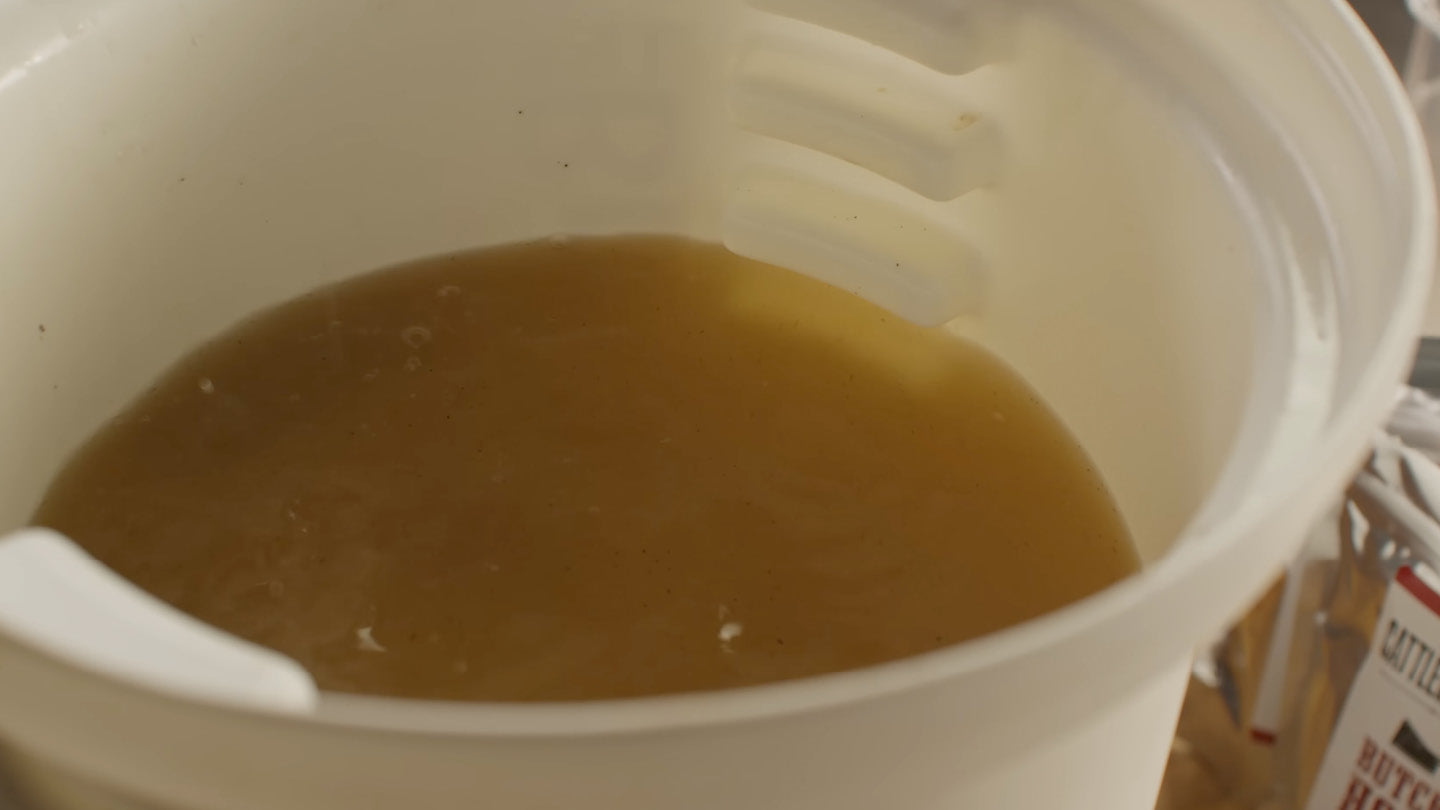A common phrase in the culinary world is "fat is flavor." But what do you do with a piece of meat that has very little fat, such as a turkey or lean pork? Our team of experts agree that when preparing a lean meat that must be cooked over a long period of time, brining is the way to go.
What is brining?

In its simplest form, brining is soaking meat in a solution of salt and water. The usual formula is 3-6% salt added to enough water to cover your entire piece of meat.
You can brine for as little as 30 minutes and up to several days depending on the size and density of the meat you are preparing, but the typical ratio is 30 minutes to 1 hour per pound of meat. Your meat should be thawed completely before brining for the best results. Once you’ve cooked your brined meat, you should expect a juicier and more tender bite than you’d get from meat cooked without brining.
How does it work?

Lean meats contain dense muscle fibers surrounded by proteins. As the lean meat is heated during cooking, these proteins and muscle fibers will contract, pushing moisture out and making the meat tougher.
Brining counteracts this process. During brining, salt breaks down the cell walls in the proteins. The cells are then able to take in some of the brine through osmosis, helping to counterbalance water lost during cooking. Salt also dissolves the protein filaments, preventing them from tightening. This makes the meat more tender. The salt also seasons the inside of the meat, creating better flavor throughout.
Other flavors can be added by mixing herbs, spices and sugar into the brine but finding the right balance of ingredients can be a challenge. Pre-mixed brines like Cattleman’s Grill Butcher House Brine and those from Sweetwater Spice Co. can remove the guesswork. Just follow the directions for adding the pre-mix brine to water, immerse the protein in the solution, and soak the meat in the refrigerator for the recommended amount of time. All you have left to do is season the outside of your meat and cook it.
Is brining worth the effort?

Brining is worth the effort because it helps create a flavorful, moist, and tender piece of meat.
Brining also provides some margin when cooking lean and delicate meats such as fish, lean pork, and poultry because it helps to keep you from overcooking them. And because brining provides more moisture to the outside of meat as well, it prevents the exterior from becoming dry and tough when exposed to high heat.
Our experience? The benefits of brining are worth the time and effort. To learn more about brining, check out Chef Tom’s video, How to Make a Basic Brine.